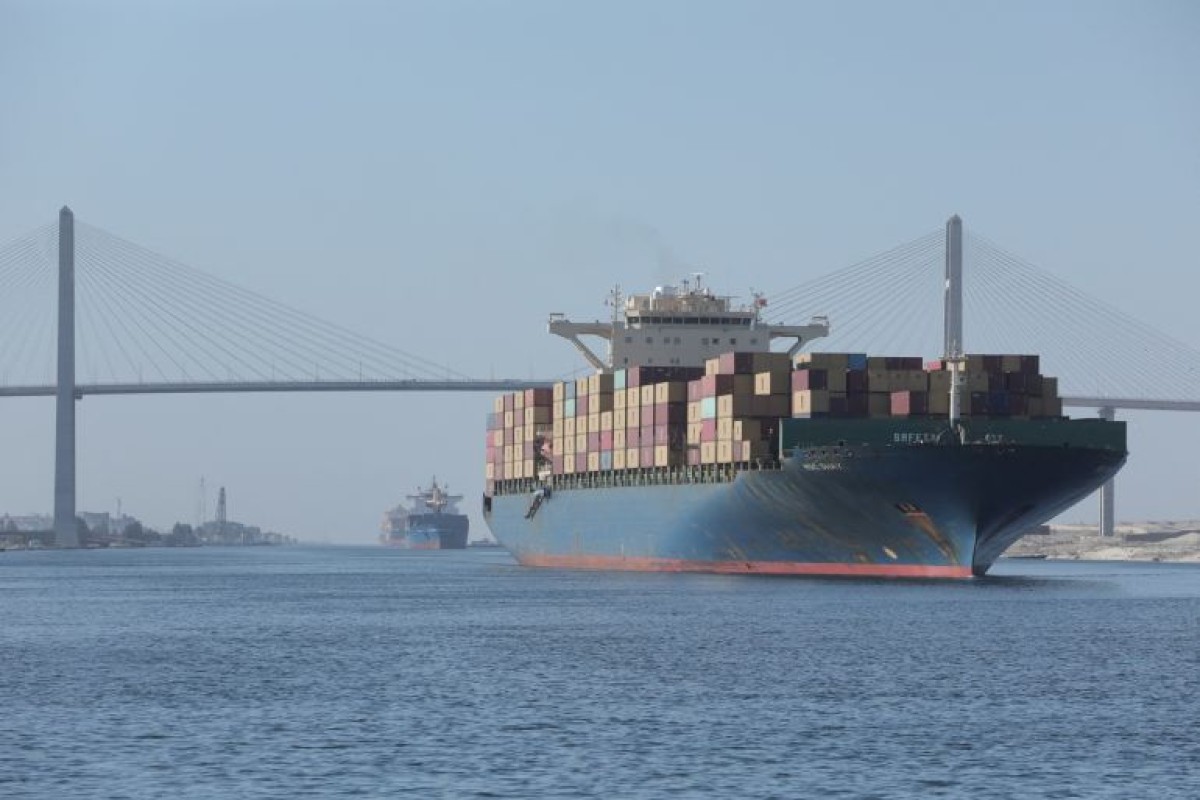The International Monetary Fund reveals the losses of the Suez Canal due to Houthi attacks


The International Monetary Fund announced that the volume of trade in the Suez Canal declined by 50% during the first two months of this year, compared to the same period in 2023, as a result of the escalation of attacks in the Red Sea, the most important shipping lane for about 15% of global maritime trade.
In a statement by the Fund, on Friday, it said that international trade was disrupted in the past few months as a result of the Houthi attacks, which prompted maritime transport companies to change their course from the Red Sea and the Suez Canal towards the Cape of Good Hope, and circumvent the continent of Africa, which prolonged the ships’ journey and increased It has delivery times of 10 days or more.
The statement pointed out that the volume of trade through the Cape of Good Hope increased by 74%, last January and February, on an annual basis.
The Suez Canal has a great international and strategic status, as it is the most important canals and straits in the world, and the shortest shipping route between Europe and Asia. It is the world’s maritime artery for approximately 12% of international trade, which includes 30% of all global containers, as well as 8%. From natural gas trade, and 10% of petroleum derivatives.
The Suez Canal is a major source of foreign currency in Egypt, and remains the third most valuable resource in terms of value, after remittances from Egyptians abroad and merchandise exports